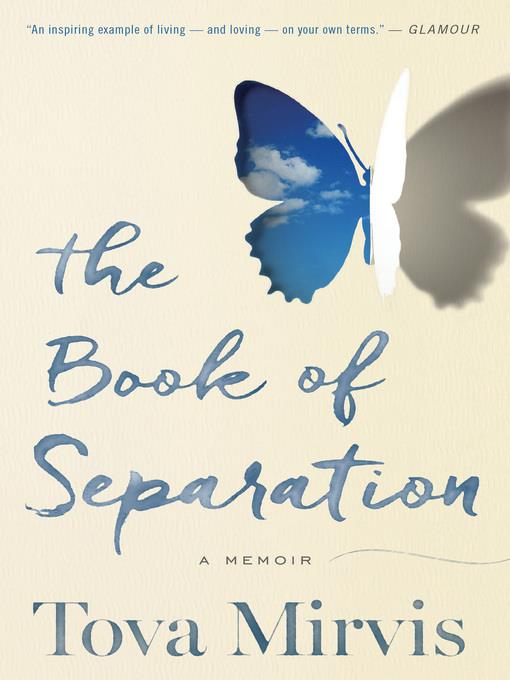
The Book of Separation
A Memoir
کتاب های مرتبط
- اطلاعات
- نقد و بررسی
- دیدگاه کاربران
نقد و بررسی

June 12, 2017
Novelist Mirvis (Visible City) intimately chronicles her divorce and her separation from modern Orthodox Judaism in this bold memoir. After a lifetime devoted to religion and her family, she decided to navigate the secular world for the first time. She became a single parent, sharing custody of her three children with her ex-husband Aaron, whom she met as an undergrad at Columbia University. Throughout, she reflects on both the psychological tension and joy of choosing a new lifestyle, one in which she drives on Shabbat and celebrates new holidays such as Halloween. Her children, too, go through their own transformative relationship to religion: her oldest son, Noam, remained Orthodox, while the middle child, Josh, like her, chose to explore a freedom outside of Orthodox Judaism. He eats nonkosher pizza for the first time and has late-night discussions about whether he believes in God. Mirvis’s account focuses less on the oppressiveness she felt within the religion and more on the emotional impact of separating and starting over. Hers is a story of grief and rebirth. She is compassionate and judicious in her portrayal of Orthodox Judaism, even as she describes its repressive attitudes toward women; she also discusses the diverse Jewish lifestyles, from Hasidic to secular. Her personal journey makes for an introspective and fascinating story.

July 15, 2017
A novelist's account of how she broke away from Orthodox Judaism to make a new life in the secular world.Mirvis (Visible City, 2014, etc.) grew up in an observant Jewish family that believed "without God there is no meaning. Without the Torah, there is no goodness." Though outwardly obedient to the tenants of her faith, she privately questioned the truth of what she was taught. After graduating from high school, the author went to Israel. For one year, she immersed herself in the study of Jewish religious texts and prayed to be forgiven for her willful ways. "I used to be a little bad," she writes, "but now I was becoming entirely good." When Mirvis began attending Columbia University, she "made few friends who weren't Orthodox." By the end of her senior year, she had married a fellow Orthodox Jew who had none of the dramatic "hard edges" other crushes had possessed in abundance. Fearful of her own rogue impulses, Mirvis strove to be a model Orthodox Jewish wife. She kept Shabbat and a kosher home, and she covered her hair and body according to traditional rules that governed married women. But the inner voice that had caused her to question her faith as a young girl and the self that could not fully reconcile her feminism with Orthodox teachings would not be silenced. Her first "rebellions" consisted of wearing pants and uncovering her hair. They became more pronounced when she began telling stories about Orthodox characters that "wrestled, doubted, and strayed." Realizing she needed freedom to express a truth that had been trapped within her, she began the difficult journey that led her out of her marriage and away from Orthodox Judaism. The author's sensitive thematic treatment of belonging and individuality and her candor about the terror she experienced leaving the only community she had ever known makes for moving, inspiring reading. A thoughtful, courageous memoir of family, religion, and self-discovery.
COPYRIGHT(2017) Kirkus Reviews, ALL RIGHTS RESERVED.

August 1, 2017
Novelist Mirvis (The Ladies Auxiliary) has fallen out of love with both her husband and Orthodox Judaism--and is struggling not only to articulate what that means to her but also how to define such disconnection. Mirvis is not in limbo throughout this book. As she begins her memoir, she documents what it feels like to leave her husband and religion; her only hint at what caused the break is that she can no longer "shape myself into a form that felt too tight." The author has shared custody of three school-age children and a budding romance, both of which she negotiates with gentle aplomb. Her interior narrative voice draws readers in, asking if she can be loved for who she is, not who she was, especially in her withdrawal from her natal religion. VERDICT A soothing picture of personal and religious divorce.--SC
Copyright 2017 Library Journal, LLC Used with permission.

























دیدگاه کاربران